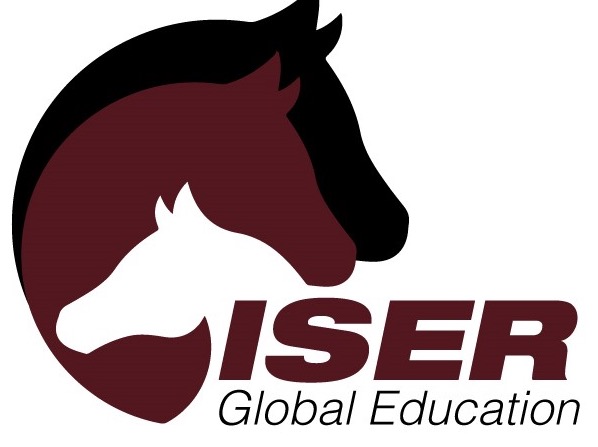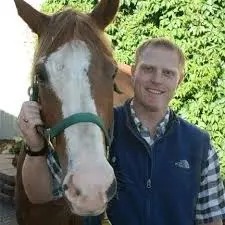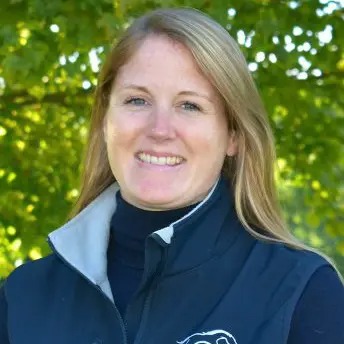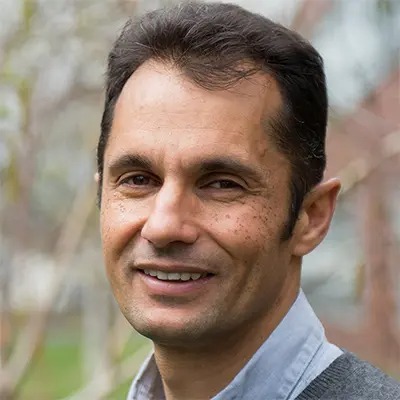Investigation of the Subfertile Mare
Species
Equine
Contact Hours
3 Hours - RACE Approved
Language
English
Discipline
Behaviour
Diagnostic Imaging
Internal Medicine – Endocrinology, Haematology, Infectious Diseases, Parasitology & Oncology
Nutrition
Pathology - Clinical & Gross
Reproduction / Theriogenology
Toxicology & Pharmacology
Growth Partners
North America

Europe

Veterinary Partners
Global



North America
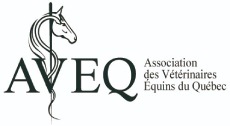
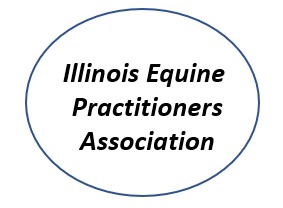
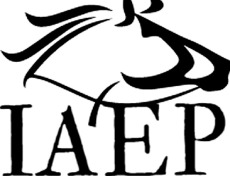
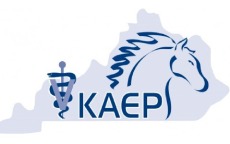
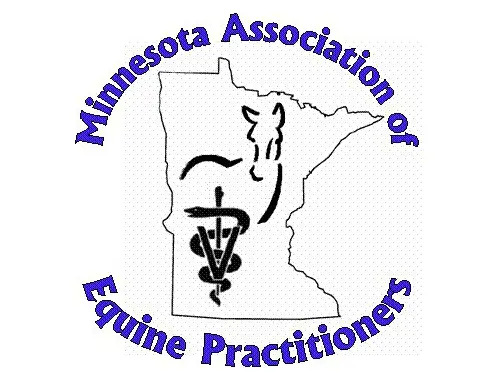
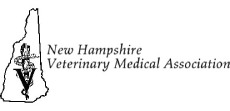


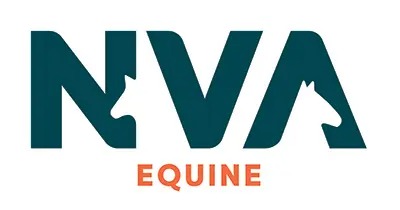

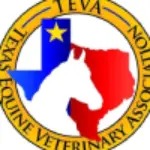

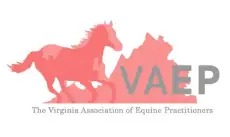
Europe
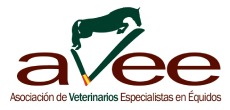
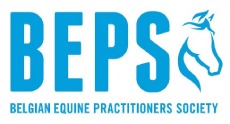


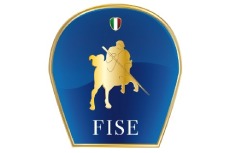

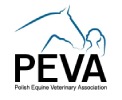

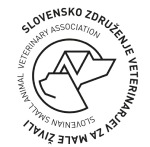
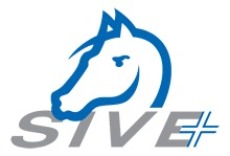



Middle East & Africa
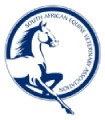
Asia-Pacific

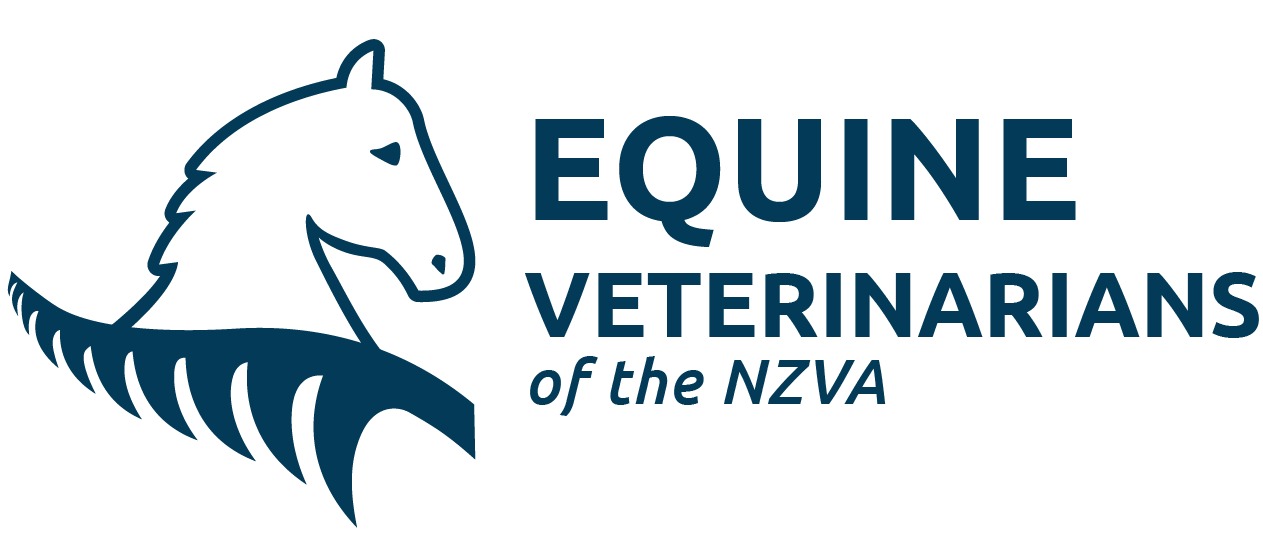
Recorded: 4th June 2024
Panelists:
Ryan Ferris DVM, MS, DACT - Colorado State University, USA
Camilla Scott BVetMed, CertAVP(ESM), DACT, MRCVS - Rossdales Veterinary Surgeons, UK
Mats Troedsson DVM, PhD, DACT, DECAR - University Of Kentucky, USA
Moderator:
Tom Stout VetMB, MA, PhD, DECAR, KNMvD Specialist - Utrecht University, The Netherlands
PANEL DISCUSSION DESCRIPTION
Most horses are fertile however, approximately 10-15% of mares can be classified as sub-fertile, and establishing and maintaining pregnancy in these animals can be challenging and frustrating.
Although there are many potential causes of subfertility, the various forms of endometritis are among the most common. Fortunately, in recent years several novel diagnostic procedures and treatments have been developed to aid detection, prevention and resolution of the different forms of endometritis. However, it can be difficult to determine which of the available tests or treatments are the most appropriate in a specific clinical situation.
Suring this panel discussion, our team of international experts will help you decide which tests and/or preparatory treatments are most appropriate for diagnosing infectious and chronic degenerative endometritis, and what to bear in mind when translating the results of the diagnostic tests into a treatment plan or breeding soundness advice. The panel will outline their decision-making process when selecting interventions that may help to prevent, ameliorate, treat or resolve the various forms of endometritis, and what to do next should the chosen treatment plan fail.
Dr. Ryan Ferris is one of the owners of Summit Equine. Ryan is originally from Washington State, and performed his veterinary training at Washington State University. Ryan went on to perform a residency in theriogenology at Colorado State University and is board-certified in the American College of Theriogenology. Following his residency, Dr. Ferris was invited to stay at Colorado State University as a faculty member and has been there for the last 7 years. He brings to us an extensive background in problem mares and embryo transfer with a internationally recognized research program in diagnostics and therapeutics for endometritis.
More InfoCamilla joined Rossdales' stud team as a reproductive specialist in November 2017.
Following graduation from the Royal Veterinary college in 2006, Camilla undertook a number of positions, including a hospital internship in the UK, an internal medicine fellowship at Haygard Equine Medical Institute in Kentucky and multiple stud seasons in the Southern Hemisphere. In 2013 Camilla started a Theriogenology residency at the University of Davis, California specialising in Equine Reproduction. In 2014 she was awarded the RCVS Certificate in Equine Stud Medicine and in 2015 became a board certified diplomate of the American College of Theriogenologists. Camilla then spent two years as a reproductive specialist in private practice in the UK before joining Rossdales. She was awarded recognised specialist status by the Royal College of Veterinary Surgeons in 2020.
Camilla has served on the scientific committee for conferences in the UK and American and has published on various topics. She has a particular interest in problem mares, high-risk pregnancies, stallion fertility and embryo transfer.
More InfoTom qualified from Cambridge University's School of Veterinary Medicine in 1993. He performed his PhD, also at Cambridge, on 'Maternal Recognition of Pregnancy in the Mare' under the supervision of Professor W.R. 'Twink' Allen at the Equine Fertility Unit in Newmarket funded by the Horserace Betting Levy Board. After a short period as Lecturer in Animal Reproduction at Cambridge Tom moved to Utrecht University to become a lecturer in equine reproduction. In 2007, he was appointed to the Chair of Equine Medicine and Reproduction at the Department of Equine Sciences and also to an extraordinary Chair in Reproduction at the University of Pretoria, Department of Production Animal Sciences.
Tom is a Diplomat of the European College of Animal Reproduction (ECAR) and a Royal Dutch Veterinary Association specialist (KNMvD) in Equine Reproduction. He runs a busy clinical discipline working on all aspects of equine reproduction, with increasing emphasis on assisted reproduction and diagnosis and treatment of infertility. Tom's research interests are focussed on fertilisation, early embryonic development and early pregnancy loss in mares and in the relationships between semen quality and fertility in stallions. He is also involved in studies into semen quality and early embryonic development in farm animal and wildlife species and contraceptive techniques for the management of wild animal populations.
More InfoDr. Troedsson received his DVM degree in 1975 from The Royal Veterinary College in Stockholm. He worked as a private practitioner from 1975 to 1987, when he enrolled in doctoral studies at the University of California, Davis. He graduated with a PhD in Reproductive Immunology from UCD in 1991, and stayed on as a clinical instructor in equine reproduction for the next two years. Dr. Troedsson was hired as an Assistant Professor at the College of Veterinary Medicine, University of Minnesota in 1993 and was promoted to Associate Professor with tenure in 1998. While at the University of Minnesota, he served as Director of Equine Research as well as Director of the Large Animal Hospital. Dr. Troedsson moved to the University of Florida in 2002 as Professor and Service Chief of Theriogenology, as well as Director of Equine Research Programs. In 2008, Dr. Troedsson was recruited to the University of Kentucky as Director of Maxwell H. Gluck Equine Research Center and Department Chair of Veterinary Science. During a sabbatical leave from the University of Kentucky at the conclusion of his term as Director and Department Chair, Dr. Troedsson lead the efforts as a Consulting Director between 2015 and 2018, to develop a new Equine Veterinary Medical Center (EVMC) at Qatar Foundation in Doha, Qatar. He is currently a Professor of Equine Reproduction at Maxwell H. Gluck Equine Research Center, and an Honorary Adjunct Professor of Obstetrics and Reproduction at the University of Copenhagen in Denmark.
Dr. Troedsson is Board certified in the American College of Theriogenologist and the European College of Animal Reproduction. He has mentored 17 veterinarians in their training to become board certified in Theriogenology, 12 PhD and MS students, 8 post-doctoral fellows and multiple visiting scientists in his laboratory. Dr. Troedsson is the author and co-author of more than 180 peer-reviewed scientific articles in addition to over 350 professional articles, abstracts and book chapters. His research interest involves equine endometritis, the interaction between semen and the female reproductive tract, biology of seminal proteins, and diagnostics of equine placentitis. He has also been involved in research on assisted reproduction and wild life-reproduction.
More InfoQualified Vet
Online Panel Discussion
USD 95.00
Intern/Resident/PhD (Requires proof of status)
Online Panel Discussion
USD 70.00
Vet Nurse/Vet Tech (Requires proof of status)
Online Panel Discussion
USD 70.00
Veterinary Student (Requires proof of status)
Online Panel Discussion
USD 20.00
If the options you are looking for are unavailable, please contact us.
No tax will be added unless you are a UK taxpayer
Choose currency at checkout



